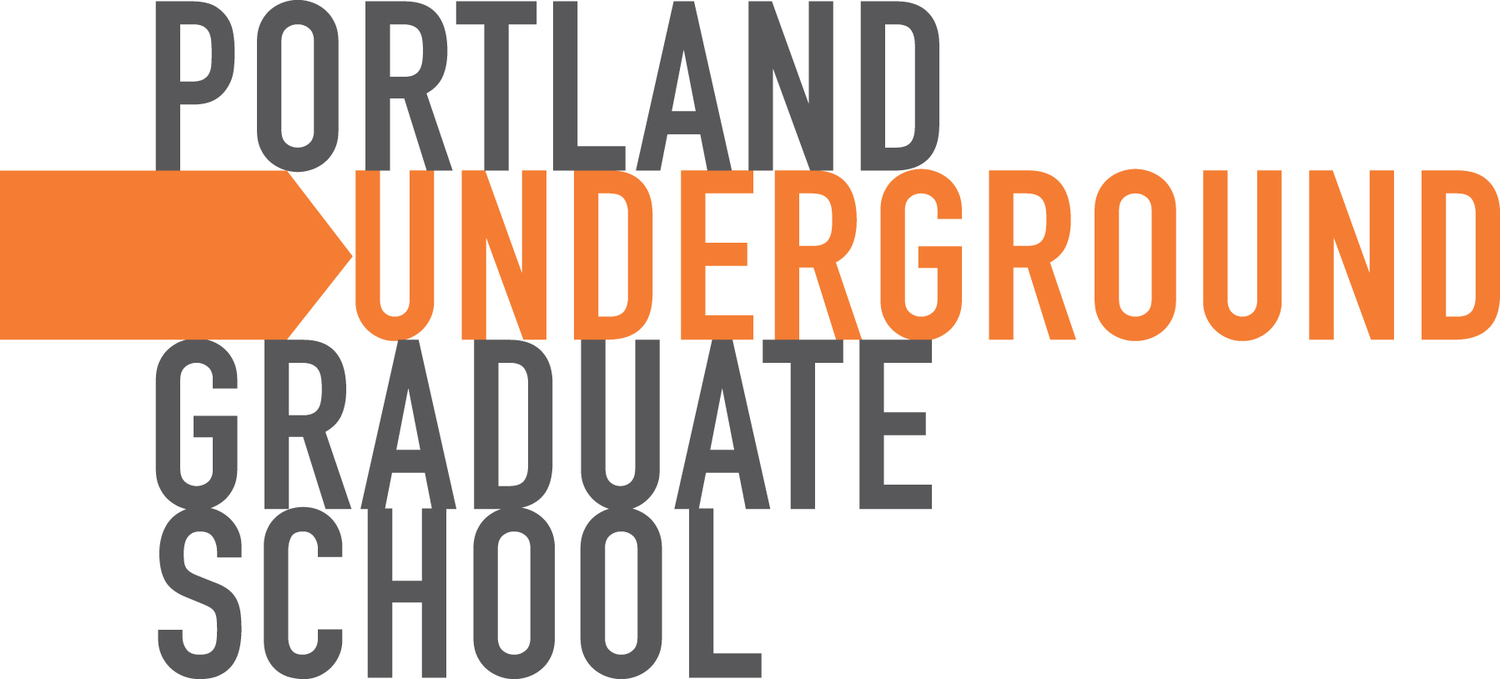Manager’s Toolkit 2: Workplace Communication (November 2018)
Manager’s Toolkit 2: Workplace Communication (November 2018)
Power, Privilege, and Who Gets Heard
Talk is the lifeblood of working with others. Do you have an understanding of how different ways of communicating affect who gets credit, perceptions of confidence, negotiating, team dynamics, feedback, and equity in the office? Take advantage of the talents of all your staff, improve employee retention, and boost business performance by learning power, privilege, and dynamics of linguistic style.
Date: Thursday, November 15th
Time: 9 am - 4 pm
Location: SE Uplift | 3534 SE Main St.
Tier A: $297 large businesses and organizations.
Tier B: $197 nonprofits and small organizations (less than 10 employees)
Space is limited to 30 students.
This workshop is part of our PUGS at Work Series
What is the best way to give feedback? What is the best way to motivate or encourage? How do you know when something you said might be culturally insensitive or an expression of unexamined privilege? All these questions fall into the realm of workplace communication and linguistic style.
Linguistic style refers to a person’s characteristic speaking pattern. It includes such features as directness or indirectness, pacing and pausing, word choice, and the use of such elements as jokes, figures of speech, stories, questions, and apologies. In other words, linguistic style is a set of culturally learned signals by which we not only communicate what we mean but also interpret others’ meaning and evaluate one another as people. It’s affected by relative status, power, and privilege. For example, did you know people with more organizational power listen less and thus make poorer decisions? That men speak 75%-80% of the time in meetings, yet perceive women as talking more?
Becoming aware of the workings and power of linguistic style is a critical skill for the modern manager. It’s increasingly important in today’s diverse workplace to understand how power and privilege affect who is listened to and respected. Linguistic styles affect judgements of competence and confidence, who gets credit and reward, and what gets done.
The key takeaway is that communication is contextual. There is no best way of speaking. Any way of communicating with one person in one situation could be perfect and yet disastrous with someone else in another. Importantly, your preferred linguistic style is hidden to you and developing self-awareness of your preferences will help you develop a more adaptive and flexible approach. Doing so means you can better run or participate in meetings, mentor or advance the careers of others, evaluate performance, and so on.
Douglas Tsoi, JD, is the founder of Portland Underground Grad School (PUGS), a school for everyday life. Before PUGS, he managed a $4 million education and training program at the Northwest Energy Efficiency Alliance. Previous careers include teaching high school history and ethics, as well as being a intellectual property lawyer. A nationally renowned education expert called Douglas "the best teacher I've ever seen teach."


